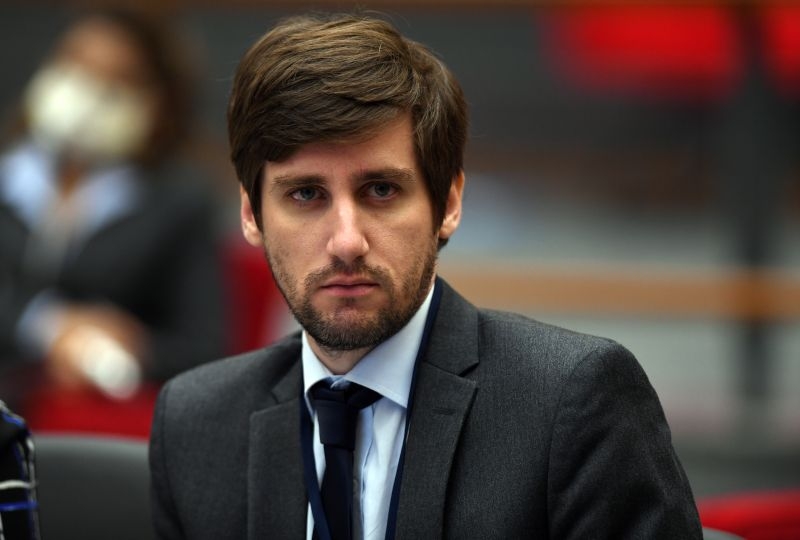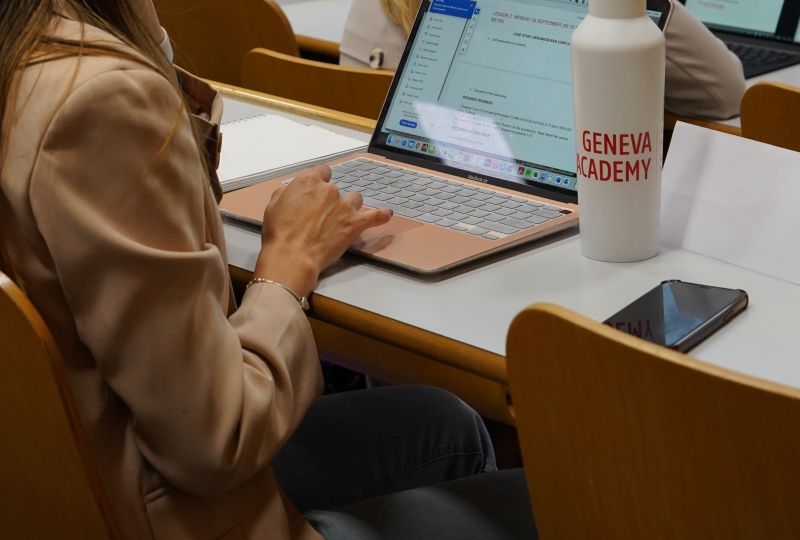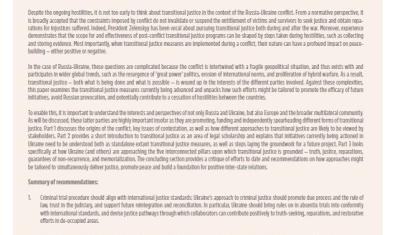I think that one of the main strengths is the powerful bridges that the programme manages to build between theory and practice. I recall that in the first semester, we had courses where we were introduced to profound theoretical and philosophical debates that helped us understand the general foundations and principles of transitional justice.
Then, during the second semester, we had to put into practice all those readings and theories, most notably during our research internships and the MTJ paper. At the end of my studies, I think I was able to close that gap that sometimes exists between theory and practice and to engage in the specific topics that I was interested in a more nuanced and informed way.
Besides that, it is no secret to anyone that the faculty is world-class. I attended courses taught not just by well-known skilled scholars in their respective disciplines but I also had the pleasure of getting to know and learn from seasoned practitioners with vast experience working in the field. From a student’s point of view, that mix between versed scholars and on-field practitioners is extremely rewarding.
Finally, one distinctive feature of the programme, and in fact of the Geneva Academy itself, is that you’ll get to live in the midst of International Geneva, surrounded by dozens of international organizations, permanent missions, NGOs and think tanks. Almost every day there are all sorts of academic activities that you can take advantage of if you are interested in deepening your knowledge and engaging in networking. Not to mention the benefits of being part of the University of Geneva and Geneva Graduate Institute academic community with access to libraries and all sorts of resources.




